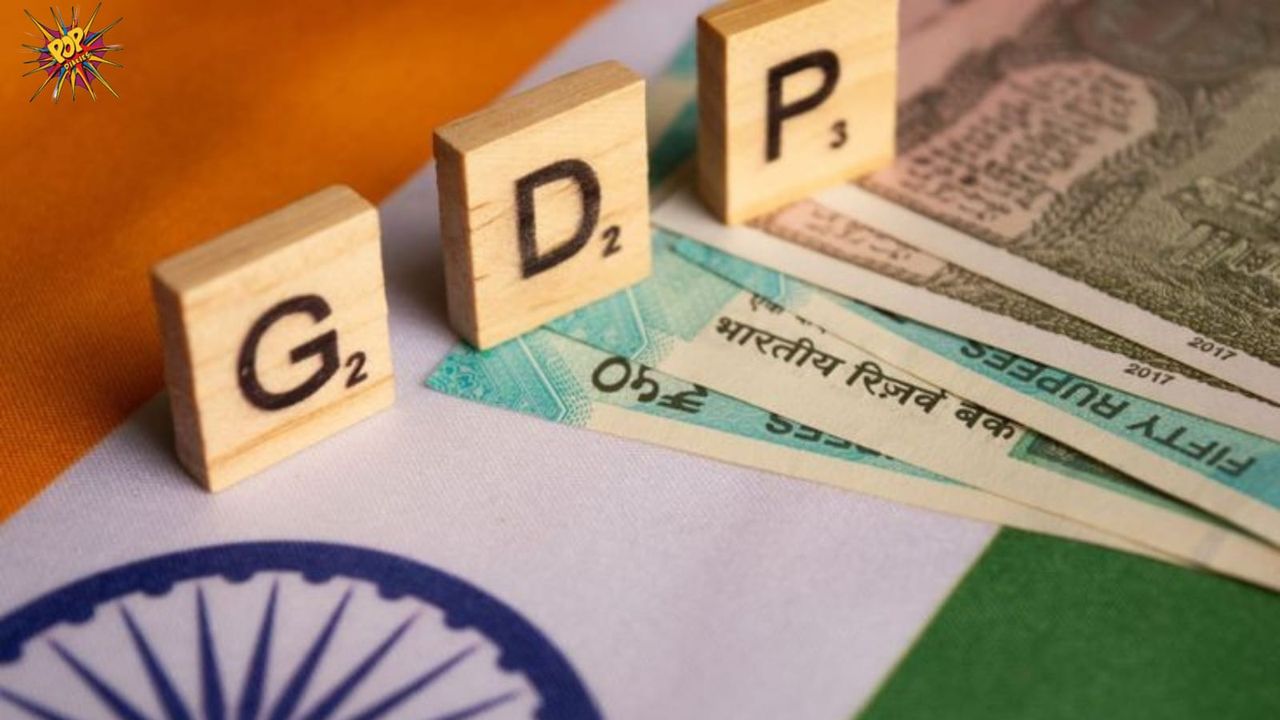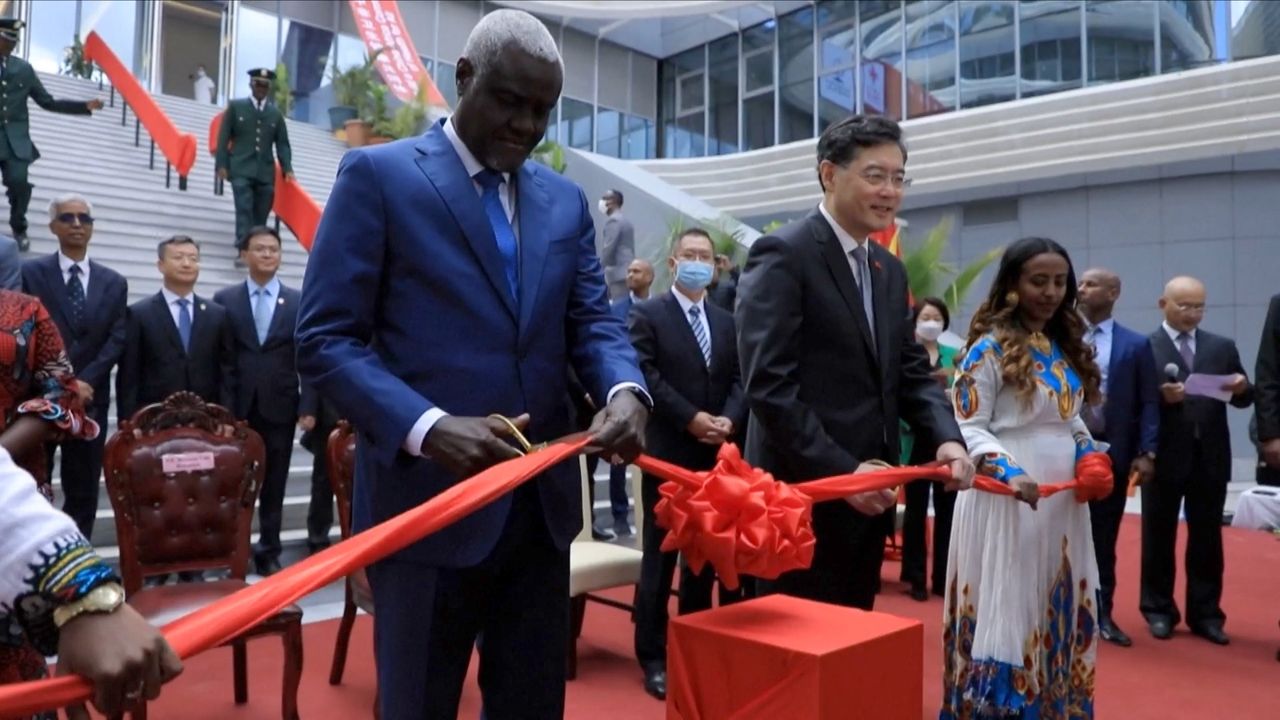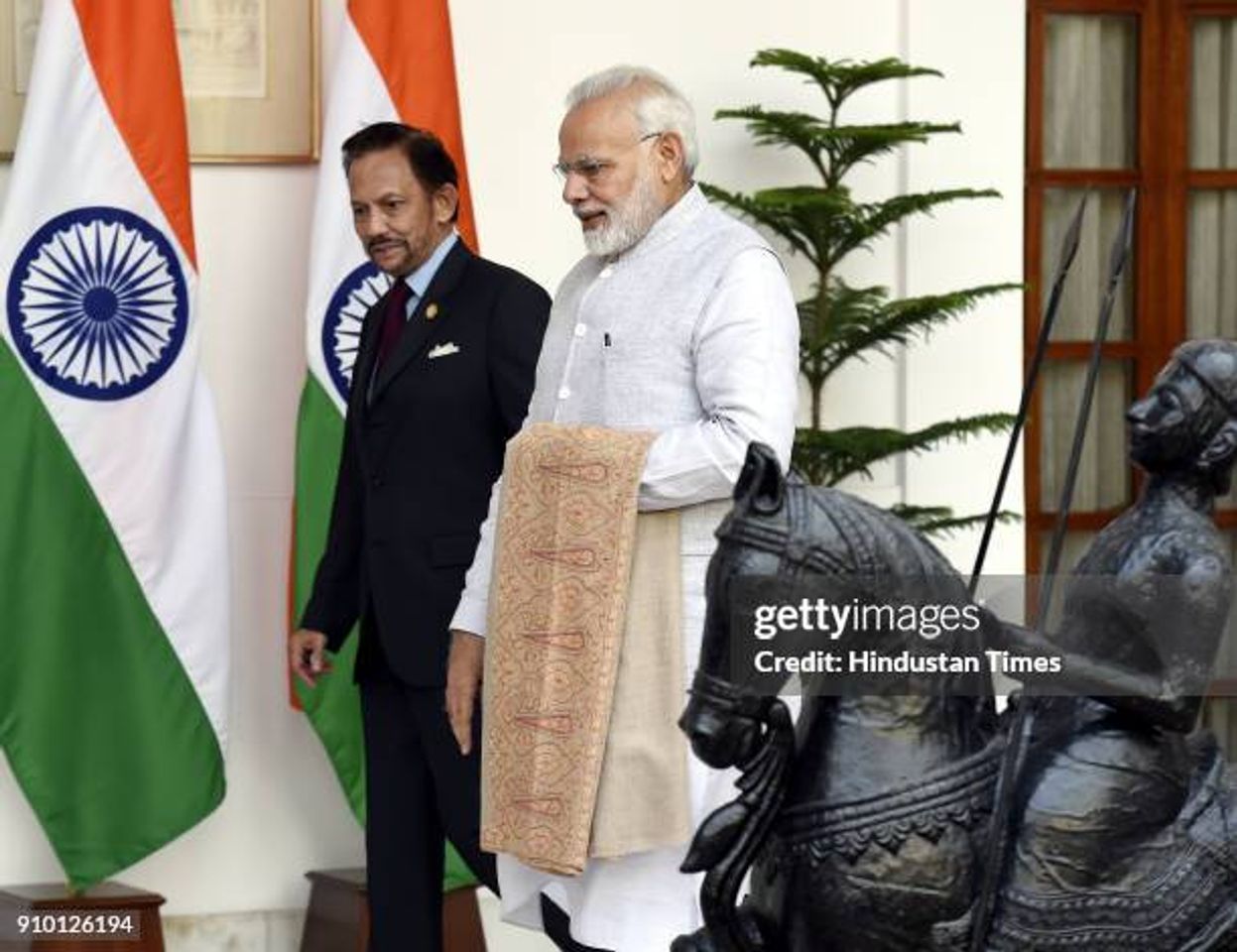In a significant announcement that could reshape economic dynamics on the African continent, China has pledged a staggering $51 billion in financial...
Vous n'êtes pas connecté
- English
- Français
- عربي
- Español
- Deutsch
- Português
- русский язык
- Català
- Italiano
- Nederlands, Vlaams
- Norsk
- فارسی
- বাংলা
- اردو
- Azərbaycan dili
- Bahasa Indonesia
- Հայերեն
- Ελληνικά
- Bosanski jezik
- українська мова
- Íslenska
- Türkmen, Түркмен
- Türkçe
- Shqip
- Eesti keel
- magyar
- Қазақ тілі
- Kalaallisut ; kalaallit oqaasii
- Lietuvių kalba
- Latviešu valoda
- македонски јазик
- Монгол
- Bahasa Melayu ; بهاس ملايو
- ဗမာစာ
- Slovenščina
- тоҷикӣ ; toğikī ; تاجیکی
- ไทย
- O'zbek ; Ўзбек ; أۇزبېك
- Tiếng Việt
- ភាសាខ្មែរ
- རྫོང་ཁ
- Soomaaliga ; af Soomaali
 Maroc - POPDIARIES.COM - A La Une - 23/Jul 06:15
Maroc - POPDIARIES.COM - A La Une - 23/Jul 06:15
Where Does INDIA'S ECONOMY Stands TODAY?
As of today, India's economy is navigating through a complex landscape shaped by a combination of domestic policies, global economic trends, and socio-economic challenges. The country's economic trajectory has shown resilience in some aspects while grappling with uncertainties in others. In recent years, India has been striving to recover from the disruptions caused by the COVID-19 pandemic. Initially, the pandemic-induced lockdowns severely impacted various sectors, leading to a contraction in GDP. However, the economy has shown signs of recovery with GDP growth picking up, albeit unevenly across different sectors and regions. Government stimulus measures, including fiscal and monetary policies, played a crucial role in stabilizing the economy and supporting key sectors like healthcare, agriculture, and manufacturing. One of the persistent challenges facing India's economy is unemployment. Despite growth in certain sectors, job creation has not kept pace with the expanding workforce. The pandemic exacerbated this issue, particularly affecting informal and migrant laborers. The government's initiatives such as the National Employment Guarantee Scheme (MGNREGS) and Skill India Mission aim to address this by promoting employment generation and skill development. India's external trade and investment landscape also play a vital role in its economic outlook. The country has continued to strengthen its position as a global manufacturing hub, leveraging its demographic dividend and improving ease of doing business rankings. However, global supply chain disruptions and geopolitical tensions have posed challenges to this trajectory, necessitating agile policy responses. Infrastructure development remains a cornerstone of India's economic strategy. The government has prioritized investments in transportation, energy, and digital infrastructure to bolster connectivity and support economic growth. Initiatives like the National Infrastructure Pipeline (NIP) aim to enhance productivity, attract investments, and create employment opportunities across the country. Inflation management is another critical aspect of India's economic policy framework. While inflation rates have fluctuated due to global commodity prices, domestic supply chain disruptions, and monetary policy adjustments, the Reserve Bank of India (RBI) has maintained a proactive stance to ensure price stability and support sustainable growth. Sustainability and inclusivity are increasingly becoming focal points in India's economic planning. Initiatives such as Swachh Bharat Mission, Clean Energy Drive, and Financial Inclusion Programs aim to promote sustainable development goals (SDGs) while ensuring equitable access to economic opportunities for all segments of society. Looking forward, India's economic resilience will depend on its ability to navigate global economic uncertainties, implement structural reforms, enhance competitiveness, and foster innovation and entrepreneurship. Addressing challenges such as income inequality, regional disparities, and environmental sustainability will be pivotal in shaping a sustainable and inclusive growth trajectory for the country's economy in the coming years. READ MORE - The Karnataka government is facing criticism once again
Articles similaires
China Pledges $51 Billion to Africa, Vows to Create One Million Jobs
In a significant announcement that could reshape economic dynamics on the African continent, China has pledged a staggering $51 billion in financial...
Southeast Asia In A Multipolar World: Navigating Challenges And Opportunities – Analysis
Southeast Asia finds itself at a pivotal moment as the global power structure shifts from unipolarity to multipolarity, driven by China’s rise,...
ASEAN-EU Economic and Trade Relationship: Problems And Prospects – Analysis
The economic and trade relationship between the Association of Southeast Asian Nations (ASEAN) and the European Union (EU) in 2024 is marked by both...
ASEAN-EU Economic and Trade Relationship: Problems And Prospects – Analysis
The economic and trade relationship between the Association of Southeast Asian Nations (ASEAN) and the European Union (EU) in 2024 is marked by both...
The Role Of Indonesia In The EU’s Indo-Pacific Strategy For 2024 – Analysis
The relationship between Indonesia and the European Union (EU) is set to become more strategically significant in the year 2024. This is due to the...
What Indonesia Can Gain From The Russia East Asia Forum – OpEd
The Russia East Asia Forum (REF), an initiative by Russia to strengthen ties with Asia-Pacific countries, represents a crucial platform for...
PM Modi Meets Brunei Sultan at Luxury Palace: Key Highlights
In a significant diplomatic engagement, Indian Prime Minister Narendra Modi met with Sultan Hassanal Bolkiah of Brunei at the opulent Istana Nurul...
Boosting Pakistan’s IT Exports – OpEd
The Information Technology (IT) sector in Pakistan has witnessed a remarkable surge in recent years, marking it as one of the country’s most...
Boosting Pakistan’s IT Exports – OpEd
The Information Technology (IT) sector in Pakistan has witnessed a remarkable surge in recent years, marking it as one of the country’s most...
Les derniers communiqués
-
Aucun élément


